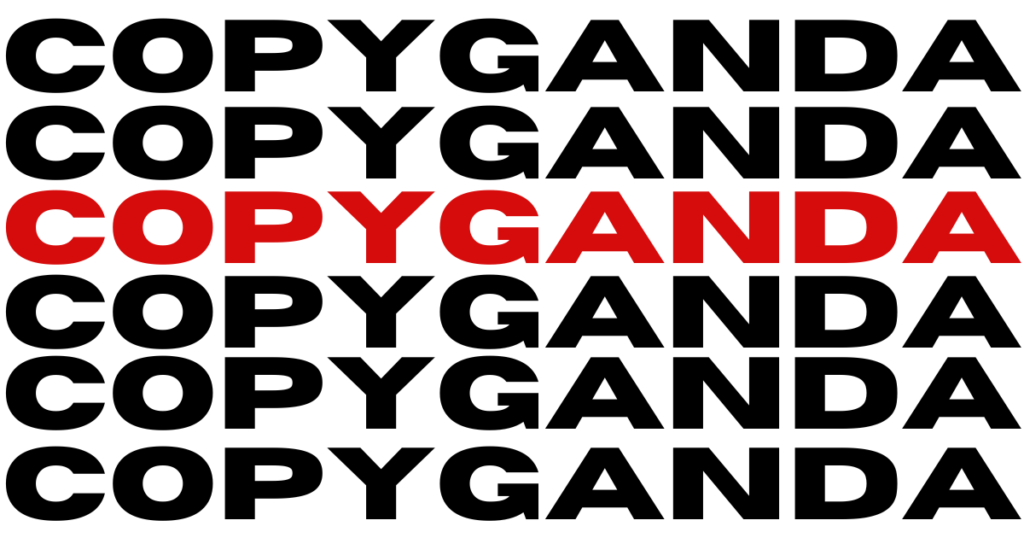
Has Alex Hormozi climaxed?
If you’re not familiar with Alex Hormozi, you’d do yourself a favor by reading his book “$100M Offers”.
It’s an entertaining and highly informative deep dive into one of the most effective business-building levers there is: offers.
How much of a difference can having a great offer (or as Alex refers to in his book, a “Grand Slam Offer”) make?
Well, here is Alex’s own words on the matter:
“No offer? No business. No life.
Bad offer? Negative profit. No business. Miserable life.
Decent offer? No profit. Stagnating business. Stagnating life.
Good offer? Some profit. Okay business. Okay life.
Grand Slam Offer? Fantastic profit. Insane business. Freedom.”
– Alex Hormozi. $100M Offers: How To Make Offers So Good People Feel Stupid Saying No (p. 30).
(IMPORTANT: If you decide to check out the book by clicking the link above I’ll make a fraction of profit from the sale when you buy because it’s an affiliate link. You get the book at no extra cost, and I get a few slivers of coinage to add to the heap. It’s like we’re in cahoots to try to better each other’s lives. Look at us go.)
Now, at this point I have to point out that Alex Hormozi has climaxed.
No, I’m not talking about his business career. (Alex has founded and exited 3 companies so far – one for over $46,000,000 – so there’s really no telling how much more he’s capable of accomplishing in that arena.)
What I mean is in the quote above he used the rhetorical device known as “climax”.
It’s called climax because it uses words, phrases, or clauses that are listed in order of increasing importance – steadily building to a climax.
You could also think of it as “good, better, best”.
This technique uses the method of comparison to imply that certain things are much more desirable than other relevant things one could choose (like the difference between having no offer and a Grand Slam Offer).
You’ll see this rhetorical device used all the time in price anchoring, where at the end of a sales letter you’ll see something like: “You’d probably expect all of these wonderful products we’ve mentioned so far to cost a veritable fortune, and believe me we could charge upwards of $19,482 for everything we’re offering. But you won’t pay anything close to that! Heck, you won’t even pay $11,111. Because today, we’re offering everything for a measly $316!” The price goes from good (or just OK), to better, to best.
Alternatively, and often used for monthly subscription type offers, companies will sometimes offer three different price points for people to choose from. A “good, better, best” (though frequently one of more of the prices offered is there simply as a decoy to make the other options looking more enticing).
When you incorporate this type of rhetorical structure in your writing you’ll notice heightened engagement and you’ll likely see higher sales figures too.
Even just using simple comparisons can increase your ability to hold the attention of your reader.
And if you don’t use this type of linguistically persuasive structure in your writing then you can surely count on remaining ineffective in getting even the slightest bit of action out of your reader.
(By the way, “climax” can also work in reverse – “best, not bad, worst” – like I did in the previous three sentences.)
So if you’re looking for a way to naturally add interest and persuasion to you’re writing, look for ways to climax – that is, to compare whatever it is you’re writing about with other available options, and implying that your option is clearly the best.